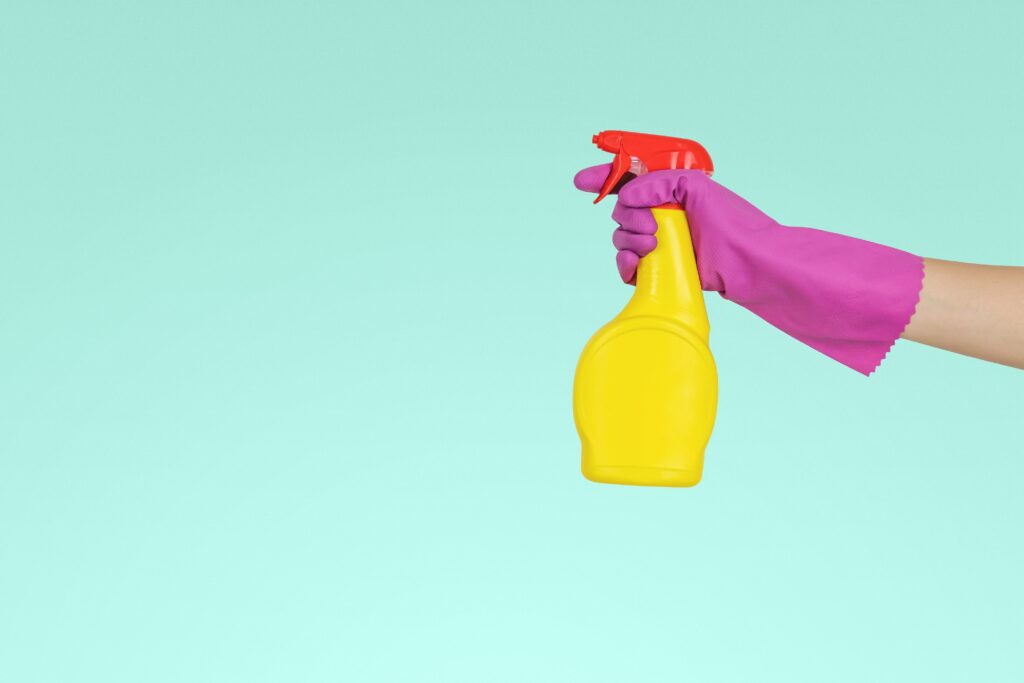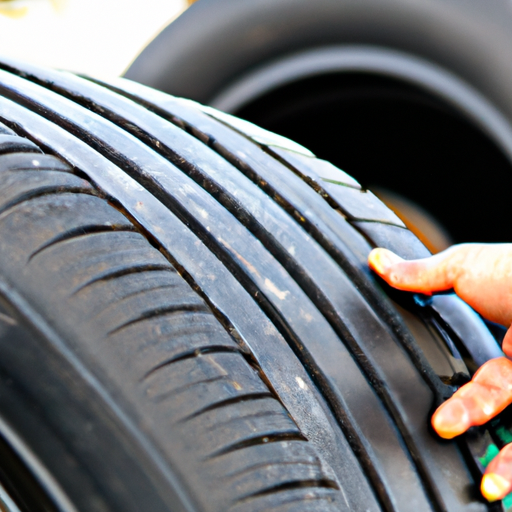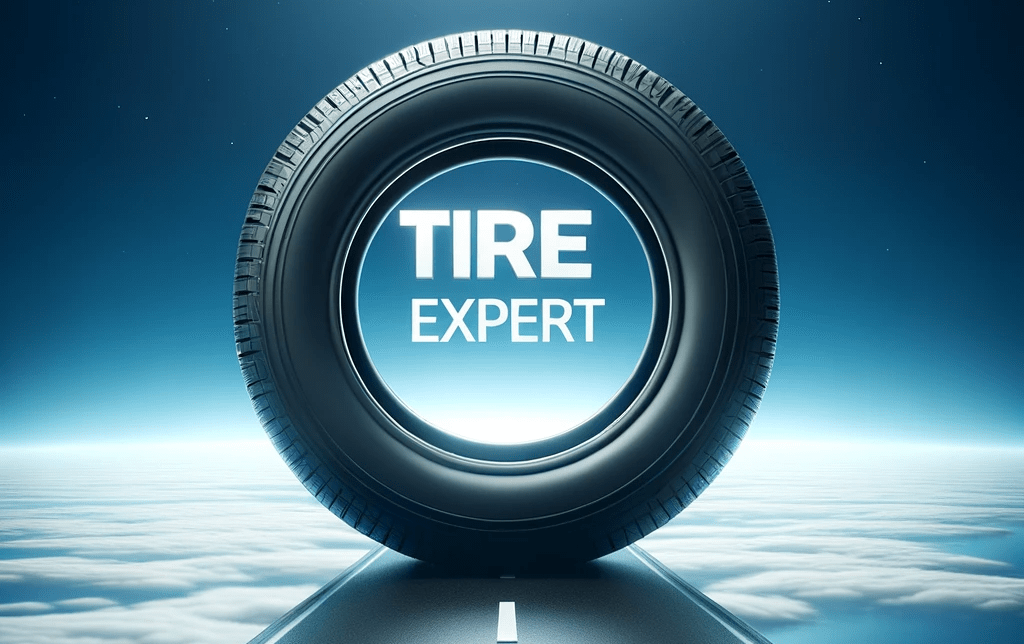If you’ve ever wondered which cleaning products are safe to use on your tires, you’re not alone. Taking care of your tires is important for both their appearance and performance, but it can be overwhelming to navigate the countless options available. In this article, we’ll explore the best cleaning products that are not only effective but also safe for your tires, ensuring they stay in top-notch condition.

Water and Soap
Using Mild Soap
When it comes to cleaning your tires, one of the safest and most effective options is to use mild soap. Mild soaps are gentle enough to remove dirt and grime without causing any harm to the rubber or other tire components. Look for soaps that are specifically labeled as mild or gentle, as these are designed to be safe for use on various surfaces, including tires.
To use mild soap, simply mix it with water to create a soapy solution. Dip a soft sponge or brush into the solution and gently scrub the tire surface. Be sure to rinse thoroughly with water afterward to remove any soap residue. This method is not only safe but also cost-effective, as mild soap is typically readily available in most households.
Avoiding Harsh Chemicals
While it may be tempting to use strong chemical-based cleaners for tough stains, it’s best to avoid them when it comes to cleaning your tires. Harsh chemicals can cause damage to the rubber, leading to dryness, cracking, and accelerated wear and tear. It’s important to prioritize the longevity and condition of your tires by using safe and gentle cleaning products.
When selecting cleaning products, always check the labels to ensure they do not contain any harsh chemicals, such as bleach, ammonia, or strong acids. These can be harmful not only to your tires but also to your health and the environment. By avoiding harsh chemicals, you can maintain the quality and appearance of your tires for years to come.
Commercial Tire Cleaners
Reading the Labels
When purchasing commercial tire cleaners, it’s essential to read the labels carefully. Look for products that are specifically formulated for tires and safe for the materials used in their construction. The label should provide information about the ingredients and instructions for use.
Pay attention to the warnings and precautions mentioned on the label. Some cleaners may be harmful if swallowed or inhaled, so it’s crucial to handle them with care. Additionally, check for any specific recommendations regarding dilution, application methods, or usage frequency.
Choosing pH-Balanced Products
To ensure the safety of your tires, opt for tire cleaners that are pH-balanced. pH-balanced products are designed to have a neutral pH level, which means they are neither too acidic nor too alkaline. This balanced formulation helps to protect the rubber and prevent any potential damage.
Using pH-balanced cleaners also minimizes the risk of discoloration or staining of the tires. It’s always a good idea to choose products that are explicitly labeled as pH-balanced or gentle for tires. By doing so, you can effectively clean your tires without compromising their integrity or appearance.
Household Cleaners
Checking for Safe Ingredients
If you prefer using household cleaners for your tire cleaning routine, it is crucial to check the ingredients before application. Some household cleaners may contain harsh chemicals or substances that can be harmful to tires. Look for cleaners that are free from bleach, ammonia, or abrasive ingredients.
Check if the cleaner is labeled as safe for tires or rubber surfaces. This information ensures that the cleaner is formulated to be gentle on tires, preventing any potential damage. By selecting household cleaners with safe ingredients, you can maintain the cleanliness and appearance of your tires without compromising their durability.
Avoiding Abrasive Cleaners
When using household cleaners, it’s important to avoid abrasive options. Abrasive cleaners can scratch the tire surface and wear away the protective coating, leaving your tires vulnerable to damage and deterioration. These can include cleaners with rough particles or acidic properties that can harm the rubber.
Instead, choose gentle and non-abrasive cleaners that are specifically labeled as safe for tires. These cleaners are designed to effectively remove dirt and grime without causing any harm to the tire’s surface. By avoiding abrasive cleaners, you can preserve the quality and longevity of your tires.
Natural and Homemade Solutions
Using Vinegar and Water
If you prefer natural cleaning alternatives, vinegar and water can be an excellent option for cleaning your tires. Vinegar is a versatile cleaning agent that is safe for use on various surfaces, including rubber. It helps to remove stubborn dirt, grease, and stains without causing any damage to the tire material.
To use vinegar and water, simply mix equal parts of white vinegar and water in a spray bottle. Spray the mixture onto the tire surface and let it sit for a few minutes to loosen the dirt. Then, use a soft brush or sponge to scrub the tire gently. Rinse with water to remove any residue. Vinegar is an affordable and eco-friendly option that can effectively clean your tires without any negative side effects.
Baking Soda Paste for Stubborn Stains
For tough stains or grime buildup on your tires, a baking soda paste can work wonders. Baking soda is a natural abrasive that can help remove stubborn dirt and stains without damaging the tire material. It’s also a great deodorizer, leaving your tires smelling fresh and clean.
To create a baking soda paste, mix baking soda with a small amount of water until it forms a thick consistency. Apply the paste to the stained area and let it sit for a few minutes to loosen the dirt. Use a soft brush or sponge to scrub the area gently, then rinse with water. Baking soda is a safe and effective option for tackling stubborn stains on your tires.

Avoiding Petroleum-Based Products
Negative Effects on Tires
Petroleum-based products, such as gasoline, kerosene, or oil, can have detrimental effects on your tires. These substances can deteriorate the rubber, causing dryness, cracking, and reduced elasticity. It’s important to avoid using or spilling petroleum-based products on your tires to prevent any long-term damage.
Petroleum-based products can also strip away any protective coatings or finishes on the tires, leaving them more vulnerable to environmental factors and premature wear. By avoiding these products, you can maintain the integrity and performance of your tires for a longer period.
Preventing Dryness and Cracking
To prevent dryness and cracking in your tires, it’s essential to keep them away from petroleum-based products. As mentioned earlier, these substances can cause the rubber to become brittle and prone to cracking. Regularly clean your tires with safe and gentle products to remove any dirt or debris that can contribute to dryness.
Additionally, consider using tire dressings or conditioners specifically designed to moisturize and protect the rubber. These products can help maintain the flexibility and durability of your tires, preventing dryness and cracking. Always select tire dressings that are free from petroleum-based ingredients for optimal tire care.
Avoiding Solvents and Strong Chemicals
Protecting Rubber Components
Solvents and strong chemicals can be damaging to the rubber components of your tires. These substances can cause the rubber to become discolored, faded, or even dissolve certain components. It’s crucial to avoid using solvents or strong chemicals when cleaning or maintaining your tires.
Instead, opt for mild cleaners or natural alternatives that are safe for rubber surfaces. This will protect the rubber components from any potential damage and maintain their appearance and functionality.
Preventing Degradation of Tire Material
Using solvents or strong chemicals on your tires can lead to the degradation of the tire material over time. The rubber may become weakened, leading to reduced performance and potential safety hazards. By avoiding solvents and strong chemicals, you can preserve the quality and longevity of your tires, ensuring they continue to perform optimally.

Avoiding Abrasive Tools
Choosing Soft Brushes or Sponges
When cleaning your tires, it’s important to choose the right tools to avoid causing any damage. Opt for soft brushes or sponges that are specifically designed for cleaning tires. These tools are gentle on the tire surface while effectively removing dirt and grime.
Avoid using wire brushes or scrubbers, as they can scratch the tire surface and lead to premature wear. The sharp bristles can also damage the protective coating of the tires, leaving them more susceptible to environmental factors and degradation.
Avoiding Wire Brushes or Scrubbers
Wire brushes or scrubbers may seem like a convenient option for tough stains, but they should be avoided when cleaning tires. The abrasive nature of wire brushes can cause visible scratches on the tire surface, compromising its appearance and durability. These scratches provide an opportunity for dirt and debris to accumulate faster, potentially leading to further damage.
To ensure the safety and longevity of your tires, always choose soft brushes or sponges that are specifically designed for tire cleaning. These tools will effectively remove dirt without causing any harm to the tire material.
Avoiding High-Pressure Washers
Risk of Damaging Tire Surface
High-pressure washers may seem like a quick and efficient way to clean your tires, but they come with potential risks. The intense force of the water can damage the tire surface, causing scratches, warping, or even loosening of some components. Additionally, high-pressure water can force water and cleaning agents into the tire’s internal structure, resulting in potential damage.
To avoid any possible harm to your tires, it’s best to steer clear of high-pressure washers when cleaning them. Instead, opt for a low-pressure water hose or a bucket of water to gently rinse away dirt and grime. This method allows for effective cleaning without the risk of causing any damage to the tire’s surface or structure.
Using Low-Pressure Water Hose
Using a low-pressure water hose is a safe and effective way to clean your tires without risking any damage. The gentle flow of water allows you to remove dirt and debris without exerting excessive force on the tire surface. It’s important to note that you should still use a soft brush or sponge along with the water to ensure a thorough clean.
By using a low-pressure water hose, you can maintain the cleanliness and appearance of your tires while minimizing the risk of any potential harm.

Considering Tire Shine Products
Reading Reviews and Recommendations
Tire shine products can give your tires a glossy and polished appearance, enhancing the overall look of your vehicle. However, it’s important to choose the right tire shine products to avoid any negative effects on your tires. Before purchasing, take the time to read reviews and seek recommendations from other enthusiasts or professionals.
By reading reviews and recommendations, you can gain insights into the effectiveness and safety of different tire shine products. Look for products that have positive feedback, specifically regarding their compatibility with tires and long-term effects. It’s always wise to choose products that have been tried and tested by others to ensure their quality and reliability.
Using Non-Greasy Formulas
When selecting tire shine products, opt for non-greasy formulas. Greasy or oily products can attract dust and dirt, leading to a buildup that is difficult to clean. Non-greasy formulas provide a glossy shine without leaving any residue or attracting excessive dirt.
Non-greasy tire shine products also tend to be easier to apply and distribute evenly. They provide a clean and polished finish that enhances the appearance of your tires without compromising their safety or durability.
Regular Maintenance and Cleaning
Preventing Accumulation of Dirt and Grime
Regular maintenance and cleaning of your tires are essential for their longevity and performance. By preventing the accumulation of dirt and grime, you can minimize the risk of potential damage. Make it a habit to clean your tires regularly, removing any debris that can build up over time.
Regular maintenance also involves checking the tire pressure and tread depth to ensure proper functionality and safety. By keeping your tires clean and well-maintained, you can prolong their lifespan and enjoy optimal performance on the road.
Regular Inspection for Cracks or Damage
In addition to regular cleaning, it’s crucial to inspect your tires regularly for any signs of cracks or damage. Look for any visible wear and tear, bulges, or punctures that may compromise the tire’s integrity. Catching these issues early allows you to address them promptly and prevent any potential safety hazards.
If you notice any concerning signs, it is recommended to consult a professional or a trusted tire specialist for further evaluation. Regular inspections and prompt maintenance are key to ensuring the safety and longevity of your tires.
In conclusion, when it comes to cleaning your tires, it’s important to prioritize their safety and longevity. Using mild soap or pH-balanced commercial tire cleaners can effectively remove dirt and grime without causing any harm to your tires. Avoiding harsh chemicals, abrasive tools, and high-pressure washers is crucial to prevent damage to the rubber or other tire components. Natural solutions like vinegar and baking soda can be used for tougher stains, while avoiding petroleum-based products and solvents is essential to protect the tire material. When considering tire shine products, read reviews and choose non-greasy options for a polished look. Regular maintenance and cleaning, coupled with regular inspections for cracks or damage, will ensure that your tires stay in optimal condition. By following these guidelines and selecting safe cleaning products, you can keep your tires looking great and performing their best for miles to come.


